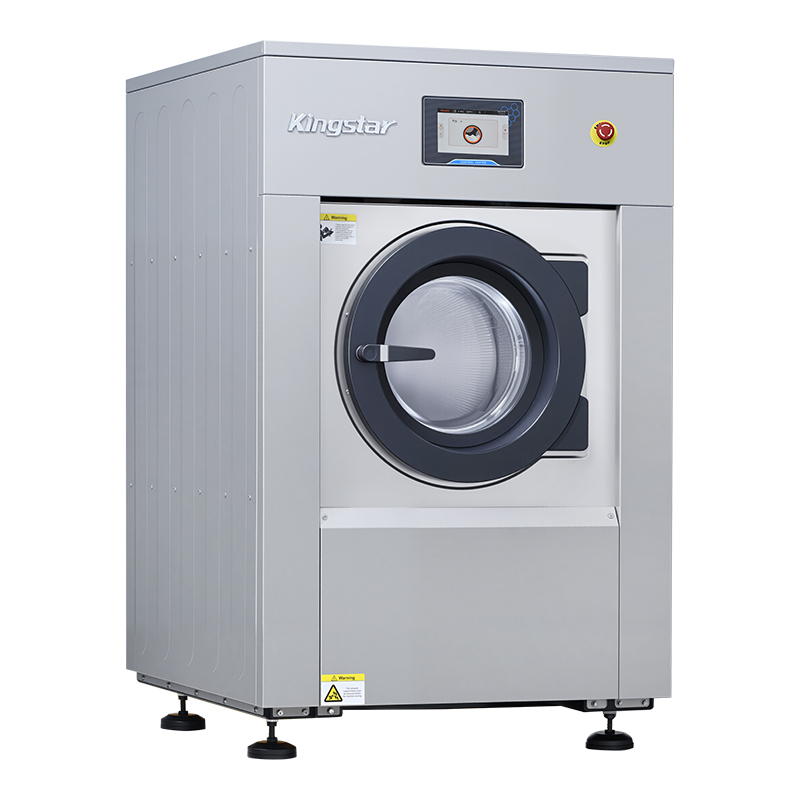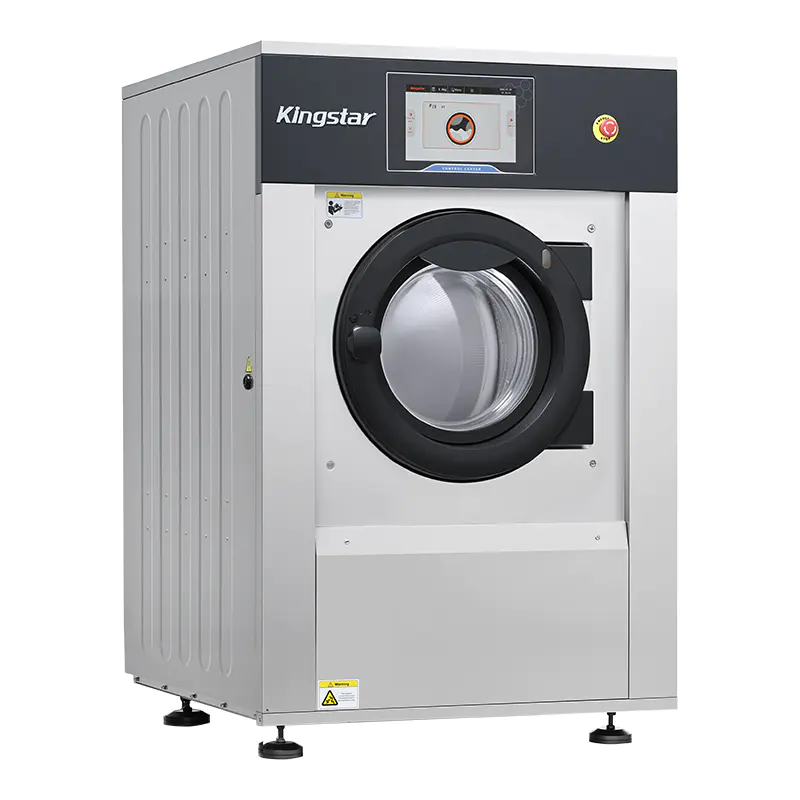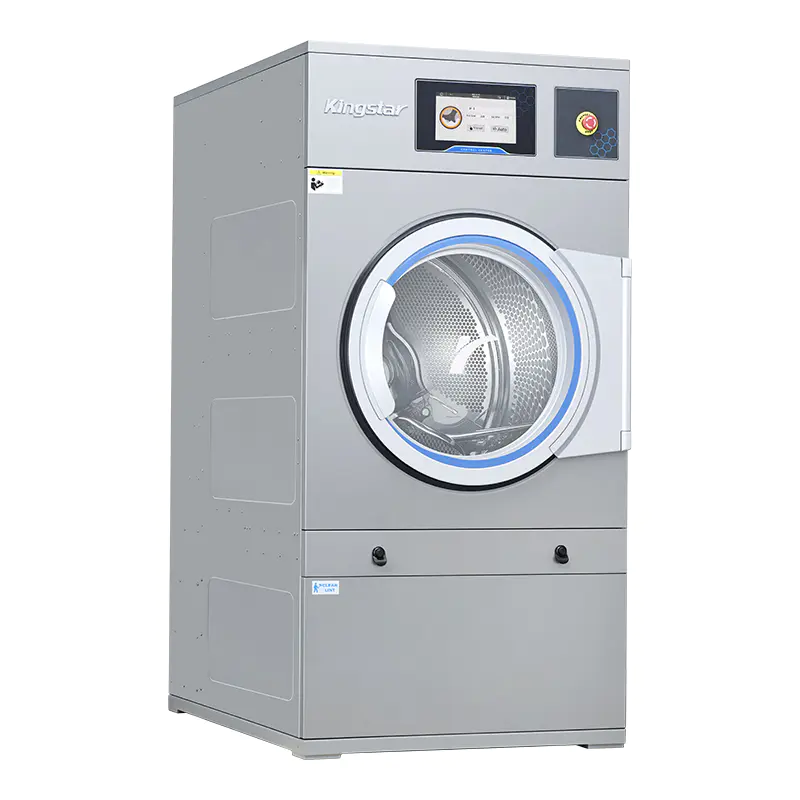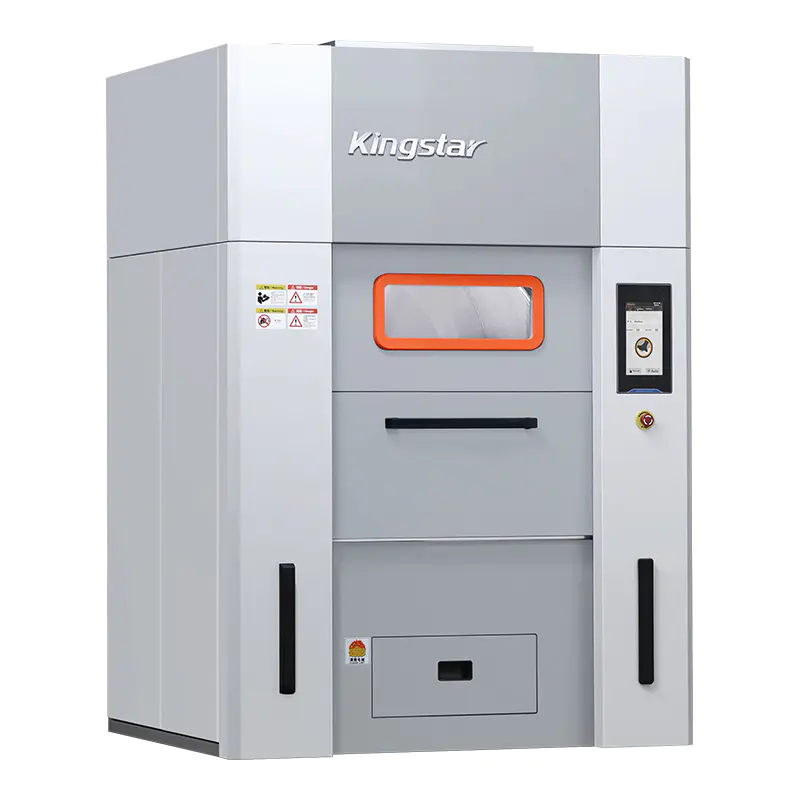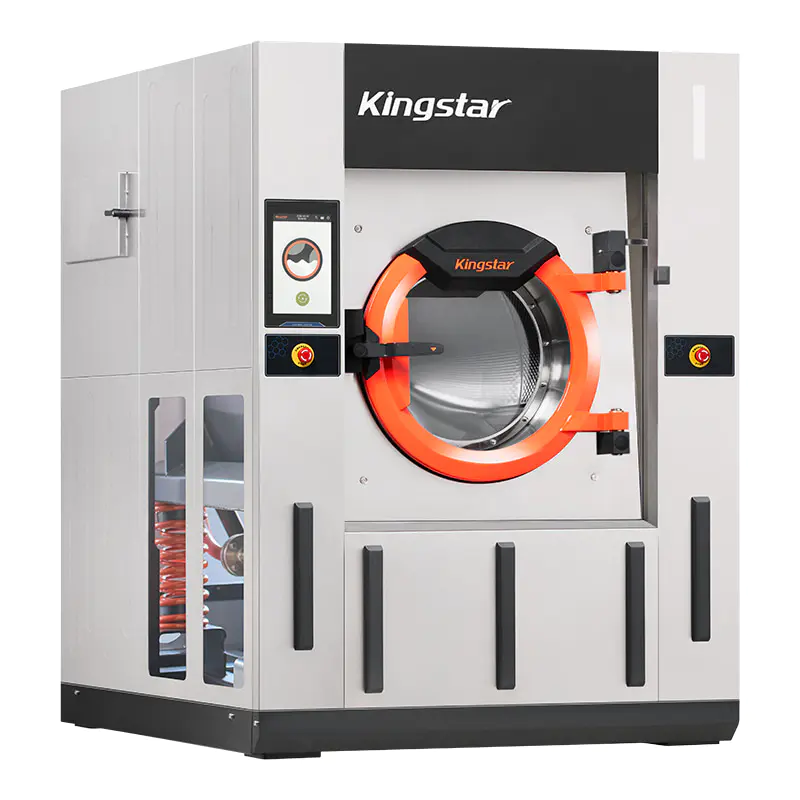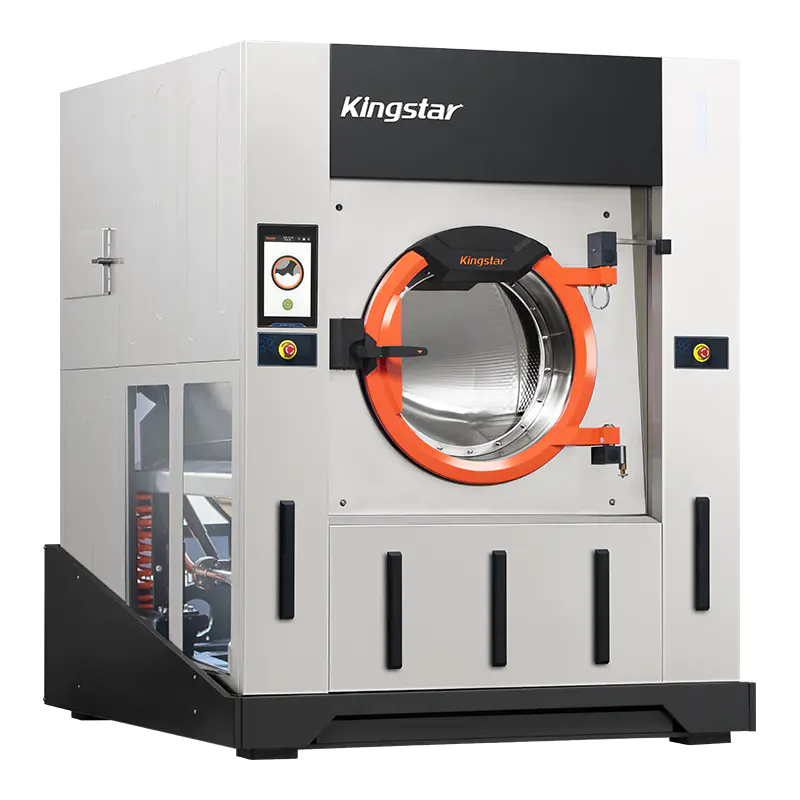
Is the Laundromat Model Suitable for Chinese Campuses?
In some countries and regions, such as Europe, Southeast Asia, and so on, it is very common for schools to provide self-service laundries for students to wash their clothes by themselves. Now, self-service laundries have begun to appear on some campuses in China, but according to the feedback from students on their use, there are still many problems.
The Laundry Prices on Campus in China
● Public washing machines
Most dormitory buildings in Chinese universities are equipped with coin-operated or scan-operated public washing machines. The price for a single wash is generally 3 to 5 yuan. Some schools offer tiered charges, such as spin-drying (1 yuan) and basic washing (2 to 3 yuan).
● Off-campus laundries
Laundries around the campus charge slightly more, similar to the charging standards of dry cleaners on the market. Therefore, they cannot be considered as the daily laundry option for ordinary students. Generally, off-campus dry cleaners are only considered when washing winter clothes and large items.
The Current Condition of Laundry in Chinese Campuses
● Students rely on the mechanized laundry
Only about 20% of the students insist on washing their clothes by hand, while the remaining 80% rely on the communal washing machines in the dormitory or off-campus laundries. Some students even send their clothes home or have them washed by express delivery.

● Uneven coverage of facilities
Most colleges and universities are equipped with only 1 to 2 washing machines on each floor of the dormitory building. During peak hours, there is a serious queue. Also, the equipment’s function is simple (only washing and spin-drying), lacking advanced functions such as drying and disinfection.
● Lag in Technology and Services
Traditional coin-operated washing machines fail to meet the demands of intelligence, while the proliferation of campus apps (such as independent applications for laundry, bathing, and payment) leads to a poor user experience. Some of these apps have the risk of excessive advertisements and privacy leakage.
The popularity of high-end functions (such as drying and ironing) is low, making it difficult to meet the diverse needs of students.
Problems and Difficulties
● Prominent Hygiene risks
The shared use of public washing machines by multiple people leads to behaviors such as washing underwear and shoes, causing students to worry about the risk of cross-infection because some schools have a low disinfection frequency (such as once a month), and the cleanliness of the equipment is a concern.
● Improper Number of Equipment Configurations
The insufficient number of washing machines has led to a queuing time of up to 1 to 2 hours during peak hours. Some students are forced to choose high-priced off-campus services. The high failure rate of old equipment and the lack of timely maintenance have further exacerbated the resource shortage.
● An Imbalance between Commercialization and Public Welfare
Some enterprises promote high-priced services under the name of “Smart Campus” (such as scanning code hair dryers at 1 yuan per minute), forcing students to bear additional costs. Schools are tied to the interests of their partner enterprises and may overlook the real needs of students, such as forcing the installation of low-quality apps or restricting access to third-party services.
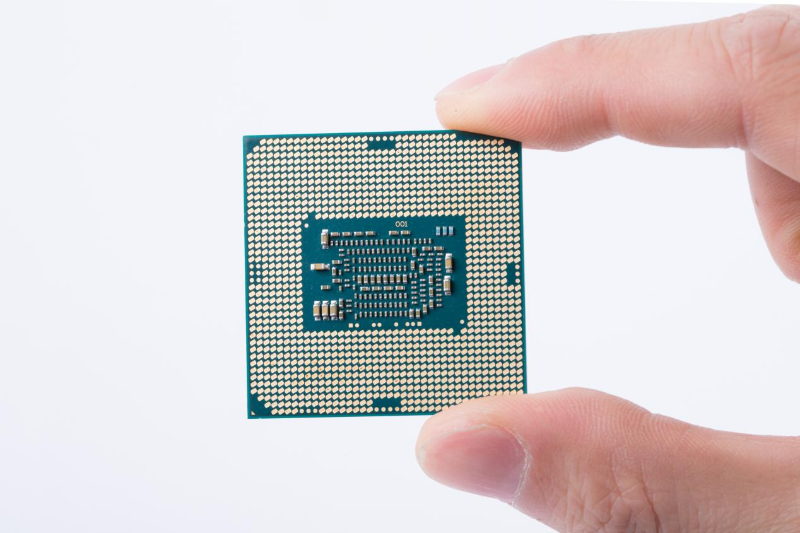
Time Squared Technology
Under such circumstances, a campus laundry brand, Wuhan Time Squared Technology, has redefined campus washing machines, providing students with a better laundry service experience.
The founder of Time Squared Technology once studied in the United States. During his time there, in addition to pursuing a major in economics, he also delved deeply into the study and research of computer technology. After returning to China, through software development and testing, personal experience of laundry on American campuses, and in-depth market research, he led his team to launch the Time Smart Laundry project: replicating and upgrading the laundry model of foreign campuses and bringing it to Chinese campuses. For the specific consumer group of campus laundry, a set of smart laundry service models has been tailor-made, effectively solving the laundry problems of students: they are too busy with their studies to do laundry, there are insufficient self-service washing facilities, long queues, and inconvenient pick-up and delivery.
RFID Technology
The benefits of adopting self-developed RFID chips, traditional water-washing tags that are replaced and implanted in school uniforms or personal clothes:
improve sorting efficiency
optimize the washing process
achieve automated washing and process tracking
launch the “wash and return on the same day” service with dedicated personnel picking up and delivering every day
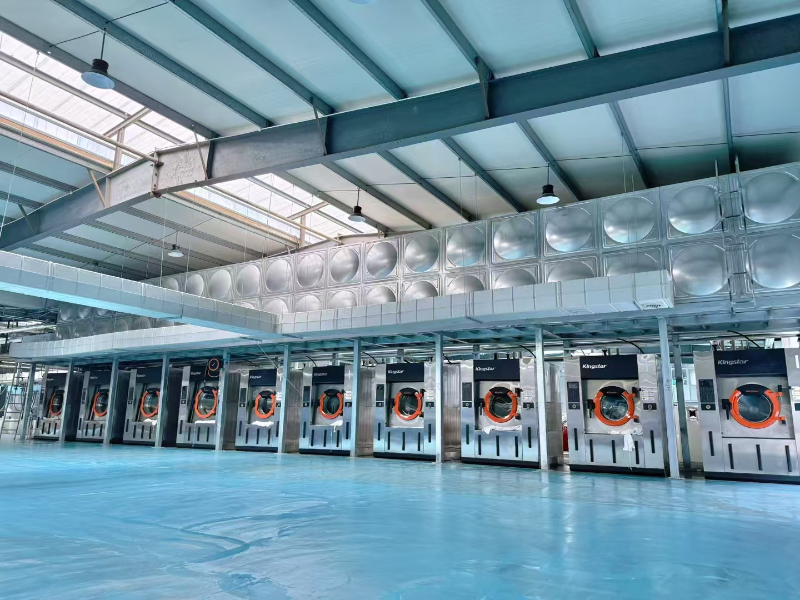
Innovative Charging Methods
In addition to the traditional one-time payment method, they also adopt a semester charging system, that is, laundry fees are collected on a semester basis. There is no limit to the quantity or type of laundry and care, providing students with greater laundry discounts.
Time Squared Technology also offers more professional laundry and care services. It classifies and cleans different types of fabrics and materials in a centralized manner. This not only effectively improves the washing efficiency but also reduces the washing cost of each piece of clothing.
It is understood that the Time Squared Technology can save each student about 150 hours of laundry time per academic year. This not only improves the accommodation experience on campus but also optimizes the living environment and enhances the campus image.
High-quality Laundry Equipment
To better enhance the efficiency and professionalism of laundry, Time Squared Technology adopts the model of a central laundry factory to conduct centralized washing of clothes. It is not only equipped with advanced dry cleaning machines, industrial washing machines, and dryers of different specifications but also strives for high-quality and environmentally friendly detergents.
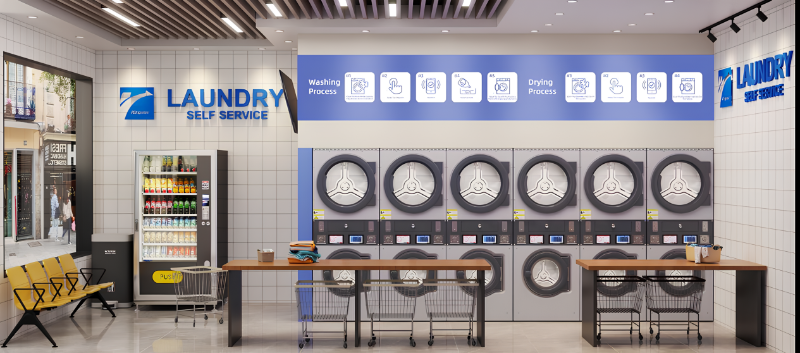
When choosing laundry equipment, value should be given more consideration rather than price. Good laundry equipment, along with its supporting products and services, can quickly generate more consumption. Meanwhile, the stability and environmental friendliness of the equipment can help the company reduce maintenance and washing costs. Overall, it can increase profits.
At present, the average daily production capacity of Time Squared Technology’s central laundry factory is approximately 6,000 pieces. The customer base mainly comes from three sectors:
1. Campus laundry (40%)
2. Online laundry contract manufacturing (40%)
3. Community laundry (20%)
The laundry business is gradually moving towards a diversified development direction.
Conclusion
With the increasing demand for laundry among students, only by truly understanding the problems existing in campus laundry can we truly solve the laundry problems for students. At the same time, on the basis of the student group, people should expand the business, increase more sources of income, and utilize digital management and more efficient and energy-saving laundry equipment to gain more customers and profits for the laundry or central laundry factory.
ADD:No.388 Xinggang Road, Chongchuan District, Nantong City, 226000, Jiangsu Province, China.
-
Phone: +86-13917089379
-
Tel:+86-13917089379
-
Fax:+86-0513-85663366
-
E-mail:[email protected]
